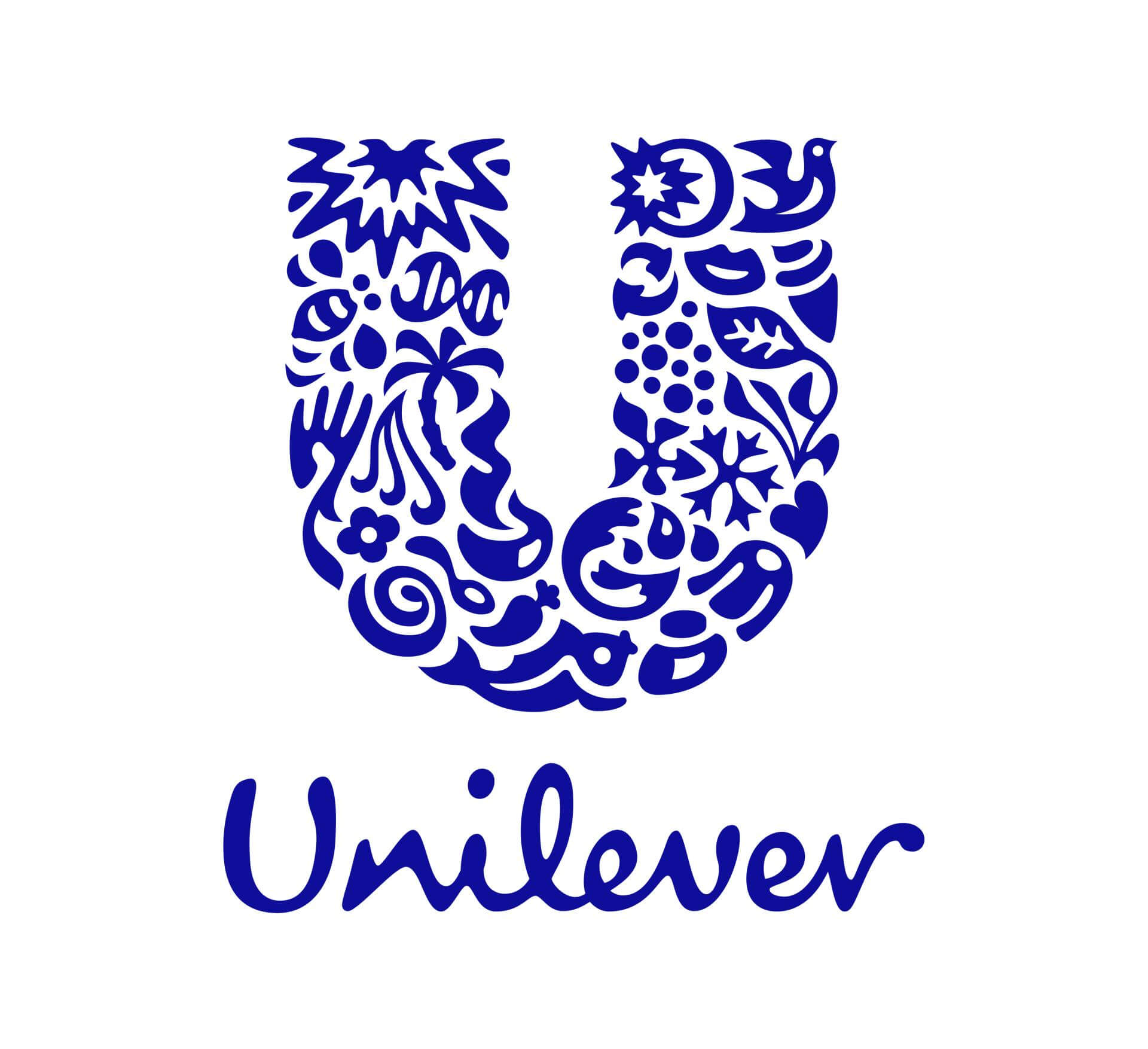
As UK inflation rises above 10% and global market economic turmoil continues, the reality of a recession becomes ever closer. The Office for National Statistics (ONS) reported a reduction in GDP growth of 0.3% in August and production fell by 1.8%. Economic forecasters are bracing themselves for a significant downturn – it’s simply a matter of time.
As trading conditions within a turbulent economy become ever more challenging, organisations across the world are looking at how a recession will impact them not just from an output perspective but the wider effect it will have on workforces and their unique situation.
Often, recessions or economic instability is linked to an increase in employee theft and fraud within businesses. But is it really a case of desperate times means desperate measures?
Here, Greg Ogle from Safecall, which provides a range of whistleblowing services to businesses across the UK, discusses the impact of recessions on employee theft, the role of whistleblowing and provides practical tips on how organisations can safeguard themselves against employee fraud.
Employee fraud during recessions – impact on whistleblowing services
With ever rising prices, stagnant wages and a slowing economy, the cost-of-living crisis is real. It’s plausible to understand why businesses are mindful of a rise in employee fraud and theft.
If we look back at previous recessions, it’s clear that three key factors are required for fraud to increase. These are pressure, opportunity, and the ability to rationalise illegal behaviour. A recent report from TransUnion found a 149% increase in fraud attempts in the first four months of 2021. [1], which is reflective of the Covid situation and the financial impact that it had on millions of employees across the UK.
Professor Mark Button, Director of the Centre for Counter Fraud Studies at the University of Portsmouth, found that previous recessions show a direct correlation between a fall in economic output and a rise in fraud.[2] For example, the 1990 recession saw a 3% fall in GDP which directly led to a 9% increase in fraud offences. The 2008 recession saw a 1% fall in GDP which led to a 7.3% increase in fraudulent crimes.
A rise in fraud offences often occurs from a combined result of genuinely more people committing theft, businesses becoming more motivated to conduct detailed internal reviews during recessions – leading them to discover past or ongoing deception – and nervous or worried employees blowing the whistle on others through an organisation’s whistleblowing system or process.
The 2022 Safecall whistleblowing benchmark report reveals an increase in the number of anonymous whistleblower reports driven by job insecurity and fear of dismissal. It also shows a shift away from ‘speak up’ hotline calls to web reports thanks in part to the increase in Generation Z and millennials within the workforce who prefer to report issues virtually.
How to recession-proof your whistleblowing processes and policies
When it comes to ensuring you have a robust and effective whistleblowing process in place, the key ingredient is preparation. To be adequately prepared, there are key actions business and HR leaders can take now to improve the success of their whistleblowing system. These include:
- Conducting an internal audit: businesses should review their existing whistleblowing management system. Ask yourself, are your policies, processes and plans effective? Are they up-to-date?
Maintaining and improving systems will help you to identify nonconformity and where you need to take corrective action. This continual improvement will ensure compliance with your organisation’s policies and procedures as well as its legal and social obligations. - Awareness: Are your employees, at all levels, trained on your whistleblowing management system? Do they understand how to report wrongdoing, and feel empowered to make reports?
Clear communication is vital to encouraging and facilitating the reporting of wrongdoing especially when it comes to highlighting that employees can maintain their anonymity. This enables your employees to follow whistleblower best practices in identifying and addressing wrongdoing at the earliest opportunity. It also demonstrates leadership commitment to preventing and tackling wrongdoing.
The benefits of external training can be found here. - Competence & resources: It’s crucial to ensure your investigators are adequately trained and resourced to effectively and thoroughly process a report of wrongdoing in a timely manner.
Not only to help prevent or minimise loss of assets – as well as aiding the recovery of lost assets – but also to support and protect whistleblowers. Reducing and preventing detrimental treatment of those involved fosters trust in your system. - Communications: As an organisation, you should foster a culture of openness, transparency, integrity and accountability. How this is achieved differs for each business from leadership buy-in to internal communications or bolstered training. There’s no one size fits all answer, however, the benefits of addressing your culture can help your organisation to attract and retain people who committed to your values.
- Continual improvement: How are you going to monitor, measure and evaluate your policies and procedures going forwards?
The benefits of dedicating time and resources to maintaining and improving your whistleblowing management system are two-fold. You can actively help to reduce the risks of wrongdoing while also demonstrating sound, ethical governance practices to society, your markets, regulators, owners and other interested parties.


























